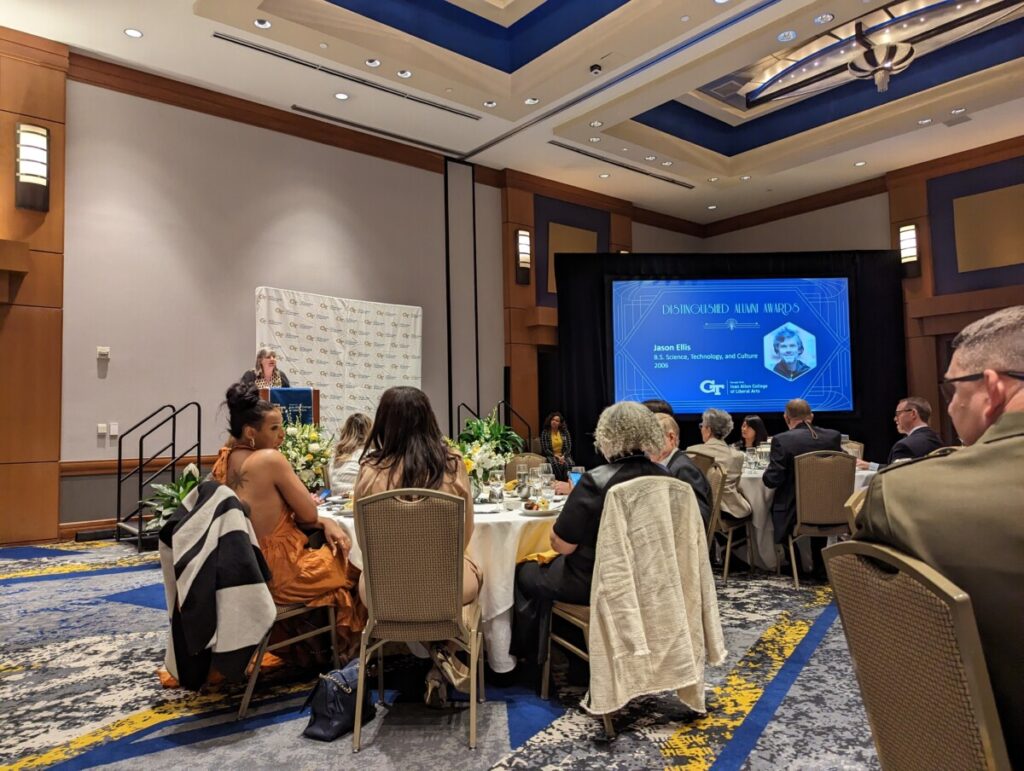
- Brief Introduction
- Beginning of Class Writing Assignment
- Click on the title of this blog post, “Week 9,” scroll down to the comment area, and write at least 250 words in response to this week’s readings. You can summarize the readings, you can relate the readings to your own experience or something else you have read or learned about, etc. Any writing of 250 words or more that are related to the readings are fair game for this weekly assignment at the beginning of class.
- Post your comment after 15 minutes even if you don’t reach the 250 word minimum threshold.
- Why we are doing this: It helps you organize your thoughts before discussion and it gives you regular writing practice.
- Discuss the readings assigned for Week 9.
- Discuss internships
- Where is everyone at in work or applications?
- Write It Forward
- Weekly Log
- Remember to add an entry to your logbook for each week until the end of the semester and keep all of your logs in a single file (Google Doc, Word docx, OpenOffice odf, etc.). Include the first date of a given week for each entry at the top of the page. Write at least 250 words about your current or past experience as appropriate. For example, if you are currently in an internship, your logs should record your experiences, thoughts, challenges, solutions, etc. that you find significant each week. Or, if you have completed your internship, your logs can be about experiences, projects, interactions with people in the workplace, challenges, solutions, etc. based on your past experience. And, if you are continuing in a new internship for additional experience, you can write about that, too. The point is to write at least 250 words per entry with one entry per week about your experience in the internship.
- Why we are doing this: It helps you articulate your work experience so that you may better reflect on, consider, remember, and act on those experiences as you transition into the workplace. Additionally, it gives you extra writing practice, which research shows will automatically improve your writing ability.
- Review readings and homework for next week.




The article “International Faces of Technical Communication: An Analysis of Job Postings in Three Markets” talks about what technical writing related jobs are looking for and terms used in the United States, UK and India. The job title and job terms might be different and what the qualifications are vary by country.
The article “My Career Choice: All of the Above” by Seth M. Siegel is about his experience and career. He has had careers in seven industries. He says that while his many jobs make it look like he doesn’t know what he is doing, it is part of his plan that he developed in his late teens. In college, the author didn’t know what he wanted to do with his life. “Politics? Academia? F.B.I.? Military? Journalism?” The things he wanted to do all sounded interesting to him. Each sounded interesting. He promised to only go into a field he could exit easily and to only stay with the work if it was interesting to him and brought him joy. Once the joy is no longer there, he left the job. The FBI and military had minimum terms of service so the author crossed that out. Most people who are not satisfied with their jobs go back to school or change jobs within their chosen field. The author started as an advertising copywriter and then took executive positions in law, marketing, entertainment, mobile communications and financial services. Today, his job is a writer and a public speaker. Each job gave new skills, relationships, and experiences. Because of his career moves, the author paid a price financially and psychologically. Starting over, you would get a pay cut and veterans get paid more than you. Veterans are those who are experienced and who have likely stuck with their jobs. Sometimes the author isn’t as knowledgeable as the veterans. The experience the author gained from so many jobs has helped the author have knowledge that others don’t have. You have to think and “look before you leap” before making career changes. The author is wiser for his experience. He has never felt trapped in a job. The author’s autonomy makes him feel liberated. “Who knows what career might come next?”
This week’s article on the UK, India, and the U.S and the job market for technical communication.
Their where a lot of interesting differences between the job outlook in different countries. The U.S was the most structured and strict in terms of their requirements and job description. They focus more on organization, skills, and content management. They focused on Microsoft applications, Adobe Creative and Technical Suite, as well as HTML and CSS, and Java Script. This may because the technical communication is more developed in the U.S as the article suggests.
I also found it interesting that the U.K focused more on the creativity of prospects. They also invest more in media and content creation.
In India they also focused more on media marketing and advertising.
In the U.S they placed the most emphasis on experience, in the other countries they required less experience.
In the U.S I think technical communicators are expected to do more in terms of I.T type work, the web marketing skills aren’t the focus of the technical communicators work. Whereas, in the U.K and India, they place more importance on web marketing and media and that is the main job focus of technical communicators.
In the second article, the author discussed his uncommonly diverse career. He talked about how he wanted his career to vary and he wanted to try different unrelated fields of work. He enjoyed the different skills and crafts he learned along the way. He found that it was a little intimidating to get started in a different jobs but he found that it was easier to adjust as he kept gaining new experience. Overall, I thought it was a interesting way of approaching a diverse career.
Brumberger and Lauer discuss an analysis of 474 job postings in India and the United Kingdom/Ireland. It was compared to the postings in the US which showed that postings are characterized by higher experience levels and more qualifications in comparison to international markets. Overall, the study shows how there needs to be more understanding about international technical communication and outsourcing for future career choices.
Some cultural factors include the writer’s understanding as well. The data collection discusses how it may not be as accurate in terms of the job postings accurately reflecting the tasks and responsibilities of the job. It is important to understand that different places will utilize different job titles. The five main categories are technical writer/editor, social media writer, medical writer, content developer/manager and grant/proposal writer. In the US content developer positions are broad and writing tasks unlike technical writers. There is a need to bring new opportunities for technical communicators.
The New York Times Article discusses Siegel’s experience in the work field. Siegel worked in seven different industries and they were unrelated – this caught my attention because I am at the phase of looking into the right masters degree. The net is a very realistic reality of the situation that has happened to me as I was on the search of what I should proceed with and how to go about choosing what I will be doing for the rest of my life.
When you go into different fields you bring the experience from other jobs/prior things you have done which makes you wiser. As society and technology changes so shall we.